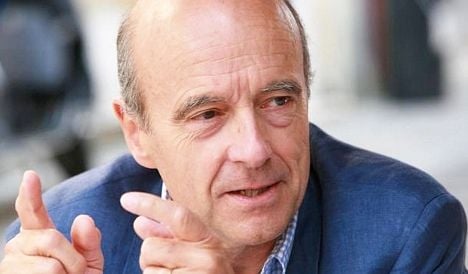“I condemn in the strongest terms the cowardly attack that was carried out against UNIFIL (UN Interim Force in Lebanon) this morning, wounding five French peacekeepers,” Juppé said in a statement.
A roadside bomb in the southern Lebanese coastal town of Tyre wounded five French soldiers and two civilians when it was detonated as their vehicle drove past.
The chief of staff in Paris said four peacekeepers were “very lightly wounded” and the fifth “a bit more seriously” but without life-threatening injuries.
France is “determined to continue its involvement with UNIFIL (and) will not be intimidated by such vile acts,” Juppe said.
UNIFIL patrols have been the target of a string of unclaimed roadside bomb attacks in recent years, including two previously in 2011.
Friday’s blast came amid heightened tension over the bloody uprising in neighbouring Syria, with some warning the unrest could spill over into Lebanon, whose government is dominated by pro-Syrian militant group Hezbollah.
There have been constant fears that the UNIFIL force stationed in the south of the country would be an easy target should the unrest reach Lebanon.
The 12,000-strong UNIFIL force was first deployed in 1978 and was expanded after a devastating 2006 war in Lebanon between Israel and Shiite militant group Hezbollah.



 Please whitelist us to continue reading.
Please whitelist us to continue reading.
Member comments